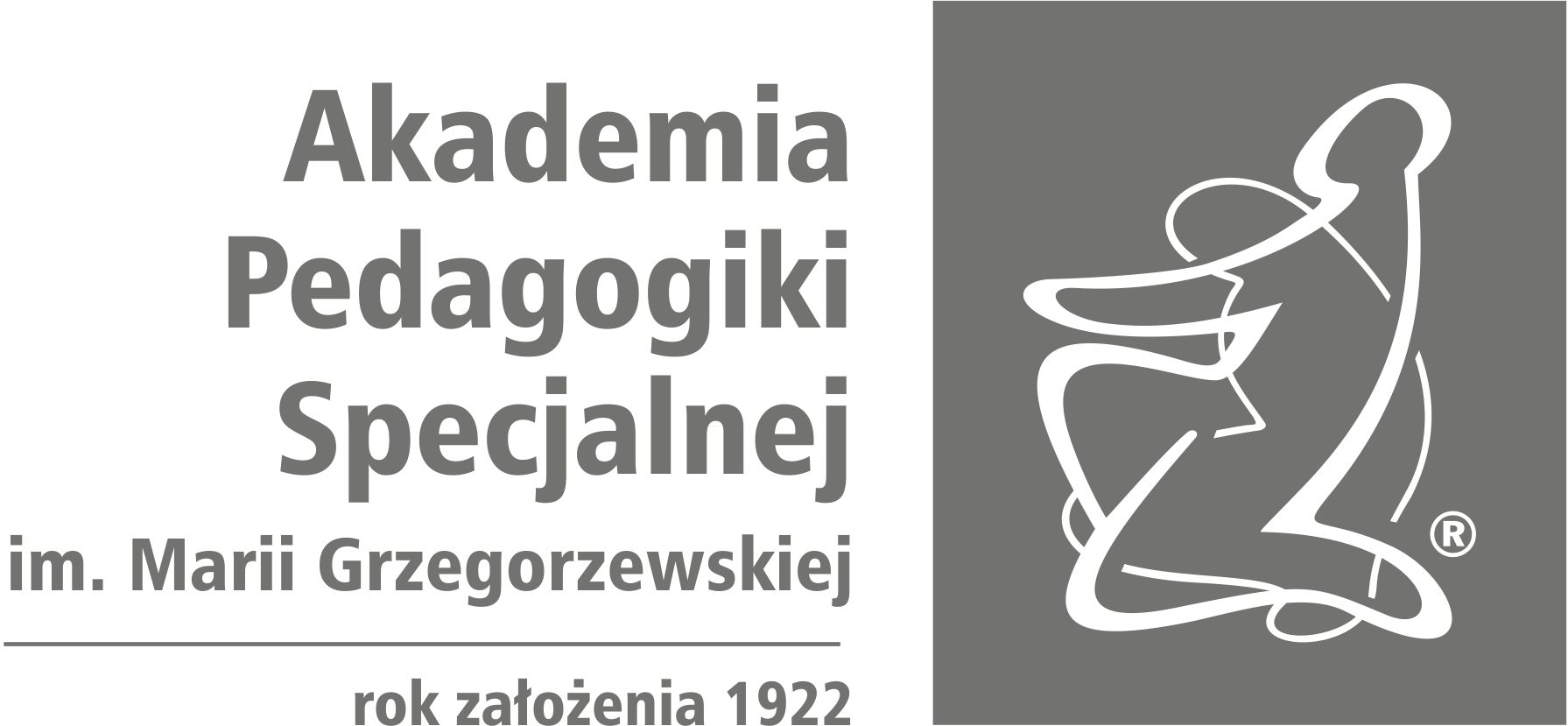Child Protection [10-0F-CHP]
Semestr letni 2016/2017
Wykład,
grupa nr 1
| Przedmiot: | Child Protection [10-0F-CHP] | ||||||||||||||||
| Zajęcia: |
Semestr letni 2016/2017 [2016L]
(zakończony)
Wykład [WYK], grupa nr 1 [pozostałe grupy] |
||||||||||||||||
|
Termin i miejsce:
|
|||||||||||||||||
|
Terminy najbliższych spotkań:
Kliknij w datę by zobaczyć tygodniowy plan z zaznaczonym spotkaniem. |
Wszystkie zajęcia tej grupy już się odbyły - pokaż terminy wszystkich spotkań.
|
||||||||||||||||
| Liczba osób w grupie: | 304 | ||||||||||||||||
| Limit miejsc: | 300 | ||||||||||||||||
| Zaliczenie: | Zaliczenie | ||||||||||||||||
| Prowadzący: | Anna Odrowąż-Coates | ||||||||||||||||
| Literatura: |
Selected chapters from: 1. Committee for the Evaluation Early Childhood Interventions, Strengthening Benefit-Cost Analysis for Early Childhood Interventions: Workshop Summary, 2009. 2. FarringtonD. P., Welsh B. C., Saving Children from a Life of Crime: Early Risk Factors and Effective Interventions (Studies in Crime and Public Policy), 2008. 3. Graves J. D., Early Interventions in Child Abuse: The Role of the Police Officer, 1983. 4. Lindon J., Safeguarding Children and Young People: Child Protection 0-18 Years (Hodder Arnold Publication), 2009. 5. Little M., Mount K., Prevention and Early Intervention with Children in Need (Dartington Social Research), 1999. 6. Mott G., Prevention and Early Intervention with Children in Need (Dartington Social Research), 1999. 7. Oliver B., Pitt B., Working with Children, Young People and Families (Creating Integrated Services) 2011. 8. Parton N., Safeguarding Childhood: Early Intervention and Surveillance in a Late Modern Society, 2005. 9. OECD statistical data: http://www.oecd.org/dataoecd/30/26/45583188.pdf 10. International Convention on Human Rights and Children Rights. 11. BBC documentary on Child Protection |
||||||||||||||||
| Zakres tematów: |
The course will be dedicated to child protection in Western countries in the global perspective and will include a discussion on children situation in regards to safety and wellbeing, the concepts of children rights, compensatory pedagogy and healthy development. The course will concentrate on the creation of a baseline for the identification of vulnerable children and the support mechanisms available to social workers to address issues of neglect, abuse, the early identification of special needs and to prevent harm and provide support for the child and the family. Students will look at joint intervention programmes in the UK, USA and Australia using examples from the literature identified below. Participants will recognise best practice on selected case studies. The core aim of the course will be to act as a catalyst to establish a potential network of professionals who would be able to provide prevention, intervention, support and protection for children at risk. The following areas of social work will be discussed: the sensitivity of social work, the need for early intervention and the identification of potential problems that professionals may face. Culturally biased challenges will also be addressed. The course will encourage independent research into human rights and the rights of children. It will enhance the student's vocabulary in this area of expertise and aid in dividual independent research in English. Most reading materials will be supplied in pdf format by email. |
||||||||||||||||
| Metody dydaktyczne: |
Prezentacja multimedialna. Opowiadania. Studia przypadku. Samodzielna lektura oraz praca indywidualna na zadany temat. |
||||||||||||||||
| Metody i kryteria oceniania: |
Metody kształcenia: Prezentacja multimedialna, teksty do przeczytania, praca z e-platformą Godziny kontaktowe: 15 godz. Przygotowanie się do zajęć, lektury -30 h Przygotowanie się do egzaminu - 12 Praca przy pomocy platformy internetowej –3 Sumaryczna liczba punktów ECTS – 2. |
||||||||||||||||
| Uwagi: |
gr wykładowa dla I DUPE+ I DUPC |
Właścicielem praw autorskich jest Akademia Pedagogiki Specjalnej im. Marii Grzegorzewskiej w Warszawie.

